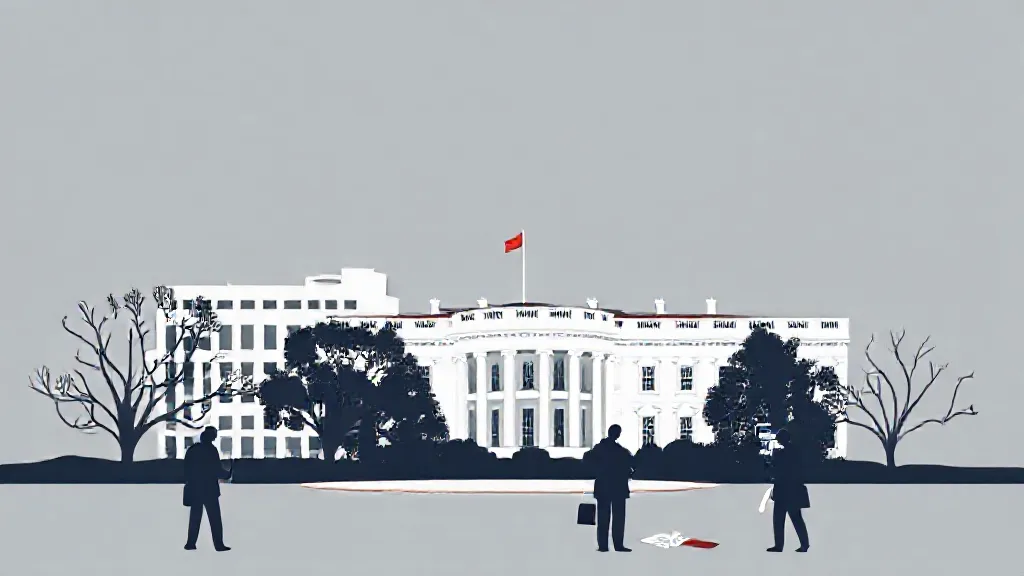The Watergate scandal, a major political event in the United States during the early 1970s, unfolded across several key locations in Washington, D.C., and beyond.
This scandal, which ultimately led to the resignation of President Richard Nixon, involved a complex web of illegal activities, political espionage, and cover-ups that originated at the Watergate complex itself. Understanding where the Watergate scandal unfolded is crucial to grasping its significance in American political history.
The Watergate Complex: The Heart of the Scandal
The Watergate complex, located on the banks of the Potomac River, was the epicenter of the scandal.
It housed the Democratic National Committee (DNC) headquarters, which was broken into on June 17, 1972, by five men connected to Nixon's reelection campaign. This break-in was initially dismissed as a petty crime, but it soon spiraled into a national crisis as investigations revealed a broader pattern of misconduct. The complex itself became synonymous with political corruption and the abuse of power, making it a historical landmark in the context of American democracy.
The Role of the White House
The White House played a pivotal role in the Watergate scandal, as many of the illegal activities were orchestrated from within its walls. Key figures in Nixon's administration, including aides and advisors, were implicated in the cover-up efforts. The infamous Oval Office tapes, which recorded conversations between Nixon and his staff, became critical evidence in the investigation.
The pressure from Congress and the public ultimately forced Nixon to confront the mounting evidence against him, leading to his resignation on August 8, 1974.
The Senate Watergate Committee Hearings
In response to the unfolding scandal, the Senate established the Watergate Committee in 1973 to investigate the break-in and subsequent cover-up. The hearings, held in the Senate chamber, captured the attention of the nation as witnesses, including former White House aides, testified about the extent of the conspiracy.
These televised hearings played a crucial role in informing the public and shaping the narrative of the scandal, highlighting the importance of transparency and accountability in government.
The Impact on American Journalism
The Watergate scandal also had a profound impact on journalism, particularly investigative reporting. Journalists Bob Woodward and Carl Bernstein of The Washington Post were instrumental in uncovering the truth behind the scandal.
Their relentless pursuit of the story, often against significant political pressure, exemplified the role of the press as a watchdog of democracy. The success of their reporting not only earned them a Pulitzer Prize but also set a precedent for future investigative journalism in the United States.
The Legacy of Watergate
The legacy of the Watergate scandal extends far beyond the immediate events of the early 1970s.
It fundamentally changed the relationship between the American public and its government, fostering a sense of skepticism towards political leaders. The term "Watergate" has since become synonymous with political scandal, leading to the use of the suffix "-gate" in various contexts to denote similar controversies. Moreover, the scandal prompted significant reforms in campaign finance laws and government transparency, aiming to prevent such abuses of power in the future.
Cultural Representations of Watergate
The Watergate scandal has been the subject of numerous books, films, and documentaries, reflecting its enduring impact on American culture. Works like "All the President's Men," which chronicles the investigative efforts of Woodward and Bernstein, have cemented the scandal's place in popular history. These cultural representations serve not only to recount the events but also to explore the broader themes of power, corruption, and the struggle for accountability in a democratic society.
Conclusion: A Cautionary Tale
In conclusion, the Watergate scandal is a cautionary tale about the fragility of democratic institutions and the importance of vigilance in holding leaders accountable. The locations where the scandal unfolded, from the Watergate complex to the halls of Congress, serve as reminders of the potential for abuse of power in government. As contemporary political issues continue to arise, the lessons learned from Watergate remain relevant, emphasizing the need for transparency, integrity, and public trust in the democratic process.
